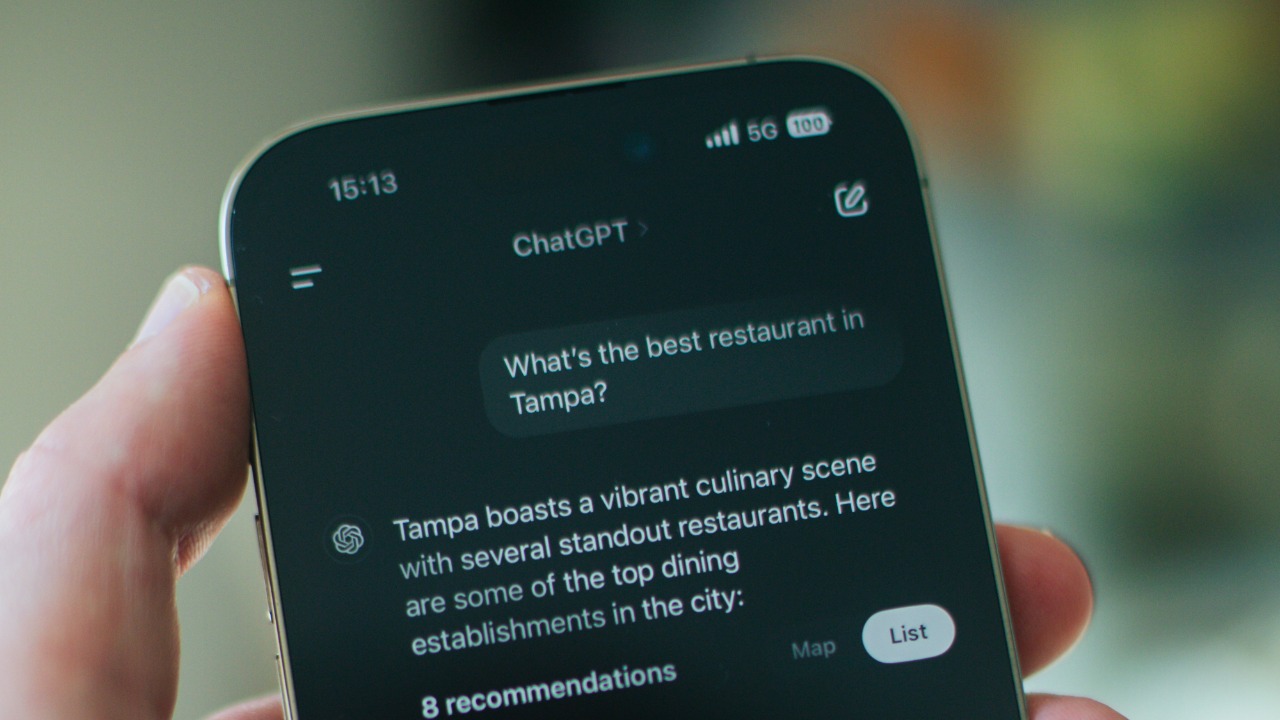
Recent studies have sparked a debate on whether the use of artificial intelligence (AI) tool ChatGPT is altering our brain activity and cognitive abilities. While some researchers suggest that frequent use of ChatGPT could potentially diminish critical thinking skills, others argue that the effects are more nuanced and complex.
Key Studies Linking ChatGPT to Brain Changes
A study published in Nature on June 25, 2025, explored the impact of using ChatGPT on brain activity. The study used empirical data from brain imaging during AI-assisted tasks to measure shifts in neural patterns. It was observed that there was reduced activity in problem-solving regions when individuals relied on ChatGPT outputs.
However, the interpretation of these findings has sparked a debate among neuroscientists and AI experts. The core of the debate revolves around whether these observed changes indicate adaptation or atrophy. Some experts argue that our brains are simply adapting to a new tool, while others worry that reliance on AI could lead to cognitive decay.
MIT’s Perspective on Cognitive Decay
On June 23, 2025, MIT researchers suggested that using ChatGPT could “rot your brain” by causing an over-reliance on AI for reasoning. Their evidence came from controlled experiments that showed decreased engagement of the prefrontal cortex in frequent users of ChatGPT. The prefrontal cortex is a part of the brain associated with complex cognitive behavior, decision-making, and moderating social behavior.
However, the researchers also emphasized that “the truth is a little more complicated.” Factors such as the duration of usage and individual differences play a significant role in determining the impact of ChatGPT on brain activity.
Broader Impacts on Information Processing
A piece published on October 21, 2025, by Success.com analyzed how ChatGPT shortcuts affect memory retention. The report included metrics from studies showing a 20-30% drop in recall accuracy among heavy AI users. This suggests that the convenience of AI tools might come at the cost of our ability to retain information.
Real-world examples further illustrate this impact. Professionals in creative fields have reported experiencing “cognitive offloading” when generating ideas via ChatGPT. This means that they are relying on the AI tool to generate ideas, which could potentially lead to a decrease in their own creative thinking abilities.
Comparisons to Other Technologies
A Vox article published on March 10, 2025, compared the effects of ChatGPT to the impact of smartphones on attention fragmentation. The article drew parallels in brain adaptation, citing neurological research that shows how the use of GPS has altered our spatial navigation skills.
The article advocated for balanced use of AI and maintaining active cognition despite the convenience of AI. This suggests that while AI tools like ChatGPT can be beneficial, it’s important to continue engaging our brains in critical thinking and problem-solving tasks.
Debates and Nuances in AI’s Neurological Effects
The debate on whether ChatGPT-induced brain changes are reversible through deliberate practice was revisited in the Nature study. This question is crucial in understanding the long-term impact of AI tools on our cognitive abilities.
On the other hand, the MIT researchers suggested that moderate AI integration might enhance rather than erode efficiency. This perspective brings in the possibility that AI tools like ChatGPT could potentially be used to enhance our cognitive abilities, rather than diminish them.
These debates highlight the need for interdisciplinary perspectives, including views from psychologists on long-term neuroplasticity in response to tools like ChatGPT.
Practical Implications for Daily AI Use
An explanation provided by BGR on November 5, 2025, discussed how ChatGPT alters decision-making pathways in everyday scenarios like writing or research. This highlights the practical implications of using AI tools in our daily lives.
Strategies to mitigate risks associated with AI use include alternating AI assistance with independent thinking. This approach, based on insights from various studies, could help balance the benefits of AI with the need to maintain our cognitive abilities.
User anecdotes from the Success.com report highlight the trade-off between productivity gains and potential mental fatigue. This underscores the need for mindful use of AI tools in our daily lives.
More from MorningOverview